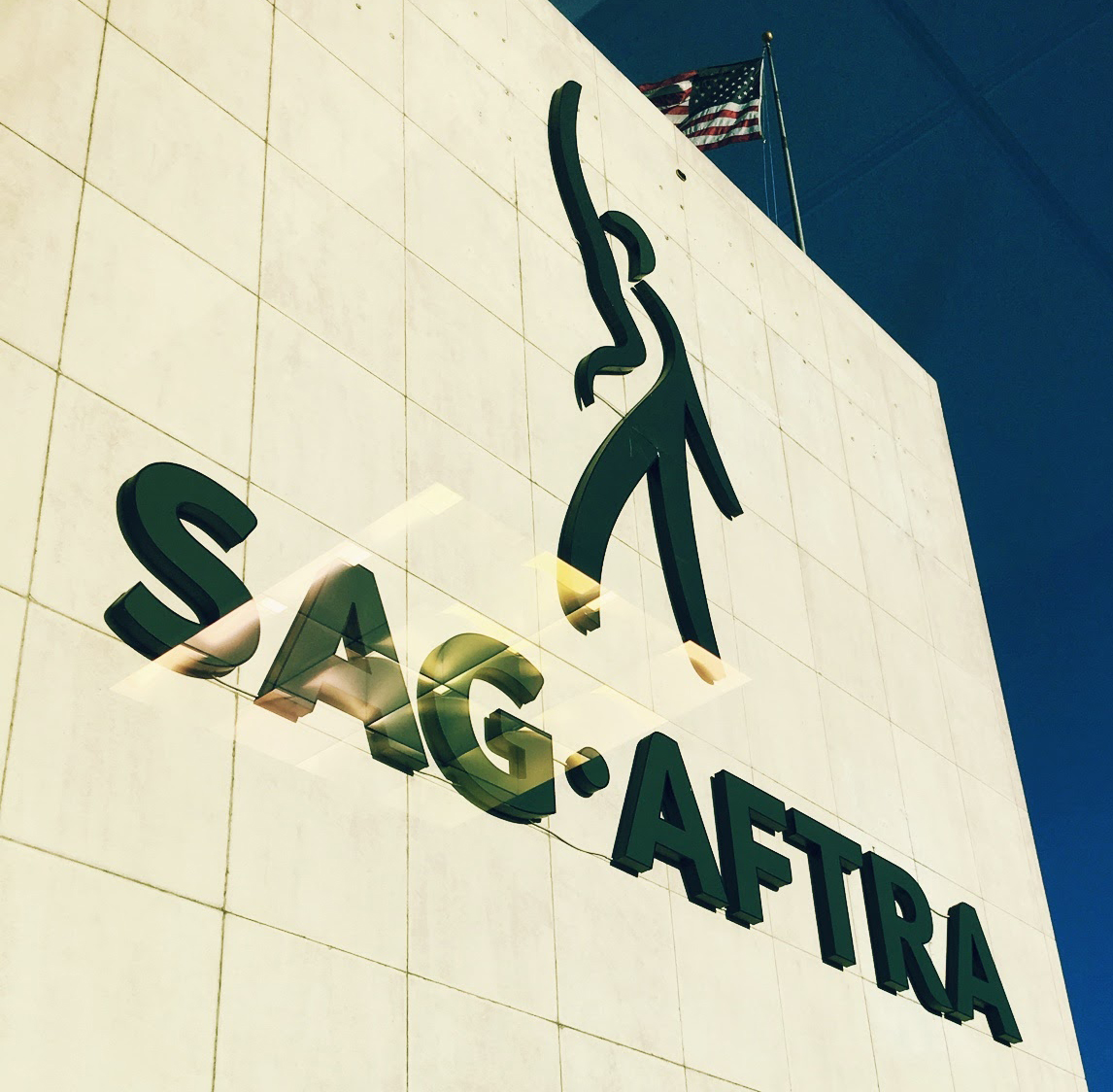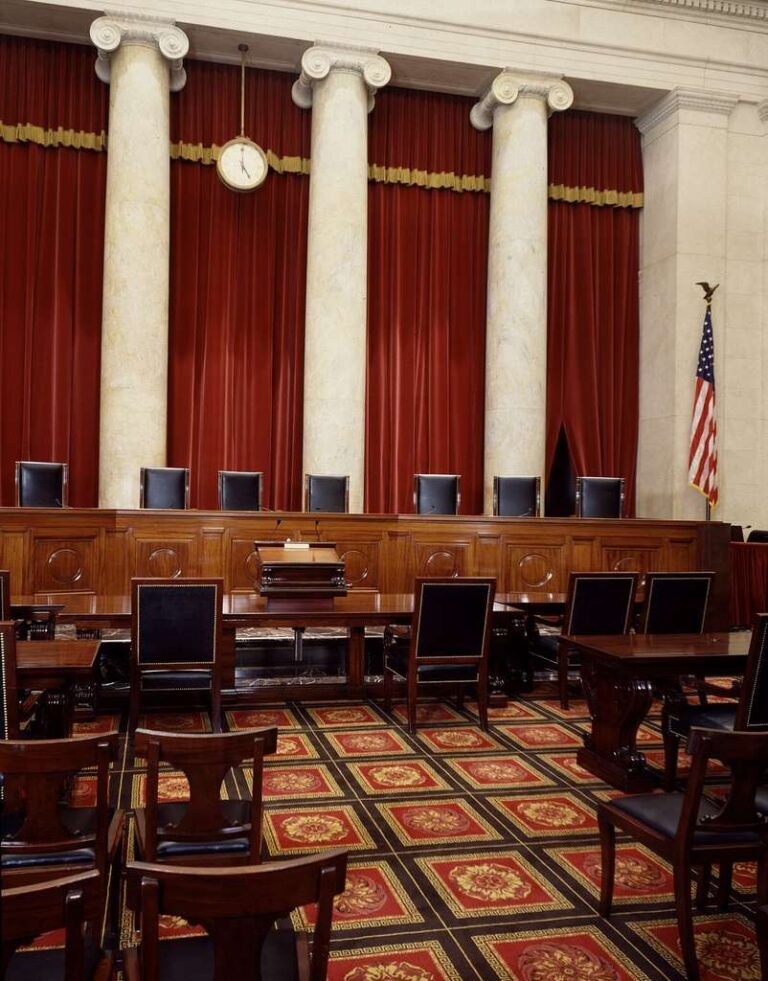Anjali Katta is a student at Harvard Law School.
In today’s news and commentary, SAG-AFTRA reaches a tentative agreement, AFT sues the Trump Administration, and California offers its mediation services to make up for federal cuts.
SAG-AFTRA, the union representing approximately 133,000 commercial actors and singers, has reached a tentative agreement with advertisers and advertising agencies. These companies were represented in contract negotiations by the Joint Policy Committee, which bargained on their behalf. The new agreement covers union members’ work in advertisements and commercials and comes after several extensions of the previous contract’s expiration date. Details of the agreement will be released following a review by the SAG-AFTRA National Board on April 26. If the board approves the tentative deal, union members will then vote on its ratification.
The American Federation of Teachers (AFT) and 10 other unions have filed a lawsuit against the Trump administration in an effort to prevent the Federal Mediation and Conciliation Service (FMCS)’s dismantling. FMCS is a federal agency that mediates labor disputes in both public and private sectors and has played a key role in workplace negotiations at companies like Starbucks, Boeing, and Apple. Following the administration’s March 14 executive order, which directed FMCS to significantly downsize, the agency placed 90% of its employees on administrative leave and shut down all of its field offices. The lawsuit alleges that the administration’s actions are unconstitutional and that FMCS’s compliance with the order violates the Administrative Procedure Act.
Relatedly, in response to cuts at the FMCS, California’s State Mediation and Conciliation Service (SMCS) is stepping in and taking cases that would have usually been handled by the federal government. SMCS is part of California’s Public Employment Relations Board (PERB), a state agency that administers labor laws for public employees. FMCS’s abrupt downsizing coincided with contract negotiations at several major California employers, including grocery chains and hospitals, prompting state intervention. Additionally, there have been other efforts to expand PERB’s authority. For example, in January 2025, California lawmakers proposed legislation that would empower PERB to certify union elections and rule on unfair labor practice cases in the private sector if the National Labor Relations Board (NLRB) fails to respond in a timely manner.






Daily News & Commentary
Start your day with our roundup of the latest labor developments. See all
October 8
In today’s news and commentary, the Trump administration threatens no back pay for furloughed federal workers; the Second Circuit denies a request from the NFL for an en banc review in the Brian Flores case; and Governor Gavin Newsom signs an agreement to create a pathway for unionization for Uber and Lyft drivers.
October 7
The Supreme Court kicks off its latest term, granting and declining certiorari in several labor-related cases.
October 6
EEOC regains quorum; Second Circuit issues opinion on DEI causing hostile work environment.
October 5
In today’s news and commentary, HELP committee schedules a vote on Trump’s NLRB nominees, the 5th Circuit rejects Amazon’s request for en banc review, and TV production workers win their first union contract. After a nomination hearing on Wednesday, the Health, Education, Labor and Pensions Committee scheduled a committee vote on President Trump’s NLRB nominees […]
October 3
California legislation empowers state labor board; ChatGPT used in hostile workplace case; more lawsuits challenge ICE arrests
October 2
AFGE and AFSCME sue in response to the threat of mass firings; another preliminary injunction preventing Trump from stripping some federal workers of collective bargaining rights; and challenges to state laws banning captive audience meetings.